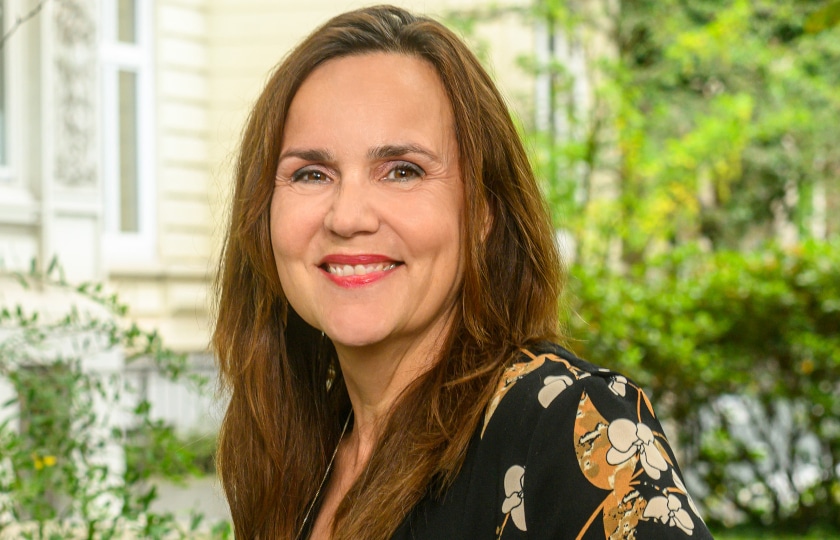What does the use of communicative AI mean for journalism? The project, which is part of the DFG research group “Communicative AI (ComAI) – The Automation of Societal Communication”, examines communicative AI in journalism by analysing the challenges it poses to journalistic autonomy at the interaction, organisational and societal levels.
The research is based on the assumption that human-machine relationships and social communication in journalism are in a special relationship and that this is also relevant for journalistic self-reflection and forms of appropriation of communicative AI in journalism. The project, led by Prof. Dr. Wiebke Loosen, is guided by four questions
- How do journalists and other professional actors in journalism interact with communicative AI and how do they construct agency?
- What patterns of embedding communicative AI in journalistic organisations can be identified and what forms of hybrid agency emerge?
- How does communicative AI relate to notions of news and objectivity, journalistic roles and audience relations, and what are the imaginaries of future developments of communicative AI in journalism?
- How does the use of communicative AI in journalism challenge journalistic autonomy?
These questions will be addressed using a multi-method design consisting of ethnographies in different types of media organisations in Germany, Austria and the UK, as well as interviews, group discussions and ethnographies at events.
About the Overall Project
The project is part of the overall project “Communicative AI (ComAI) – The Automation of Social Communication“. The research group of the German Research Foundation (DFG) is investigating the consequences, risks, but also the potentials of the profound change in the media environment brought about by communicative artificial intelligence (AI). In addition to the HBI (Prof. Dr. Wiebke Loosen) and the ZeMKI (Prof. Dr. Andreas Hepp), which coordinate the research group, the University of Vienna and the University of Graz are also involved.
A total of nine research projects and one coordination project are investigating how social communication changes when communicative AI becomes part of it. The project brings together leading researchers from the fields of communication and media studies, human-computer interaction, sociology of knowledge, governance research and media law. They are united by the goal of systematically analysing the transformation of social communication under the influence of artificial intelligence by studying the consequences of its use in different social areas and the social discourse about it.
The research will focus on social pioneers, the development of interfaces, the legal and corporate handling of communicative AI, its role in journalism, in public (online) discourse, in personal everyday life through technological companions, in the health sector, and in learning and teaching.
A shared research environment for the participating institutions will be set up for the research group in order to increase the visibility of the research group’s findings for decision-makers in various areas of society across all locations. This will be accompanied by the central task of identifying possible future scenarios for the dissemination and impact assessment of automation processes at different levels of social communication.
Subprojects at the HBI
In addition to the project “Journalism: Automation of News and Journalistic Autonomy”, two other projects are being carried out at the HBI:
- The Juridification of Communicative Artificial Intelligence: The project, led by Prof. Dr. Wolfgang Schulz, investigates the juridification of communicative AI. The focus is on the legal framework for communicative bots (in particular ChatGPT) and social bots (in particular X and Facebook) – on the one hand from the perspective of communication law, and on the other hand from the perspective of emerging AI regulation.
- Political Discourse: Communicative AI and Deliberative Quality: The project, led by Prof. Dr. Cornelius Puschmann and Dr. Gregor Wiedemann, investigates communicative AI in the social domain of political discourse using discourse monitoring and discourse intervention. With a largely experimental approach, the effects of social bots using Large Language Models (LLMs) on the quality of deliberation are examined. German-language debates on climate change on X, Mastodon and Bluesky serve as case studies.
Further information
Further information on the project can be found on the project website https://comai.space/.













